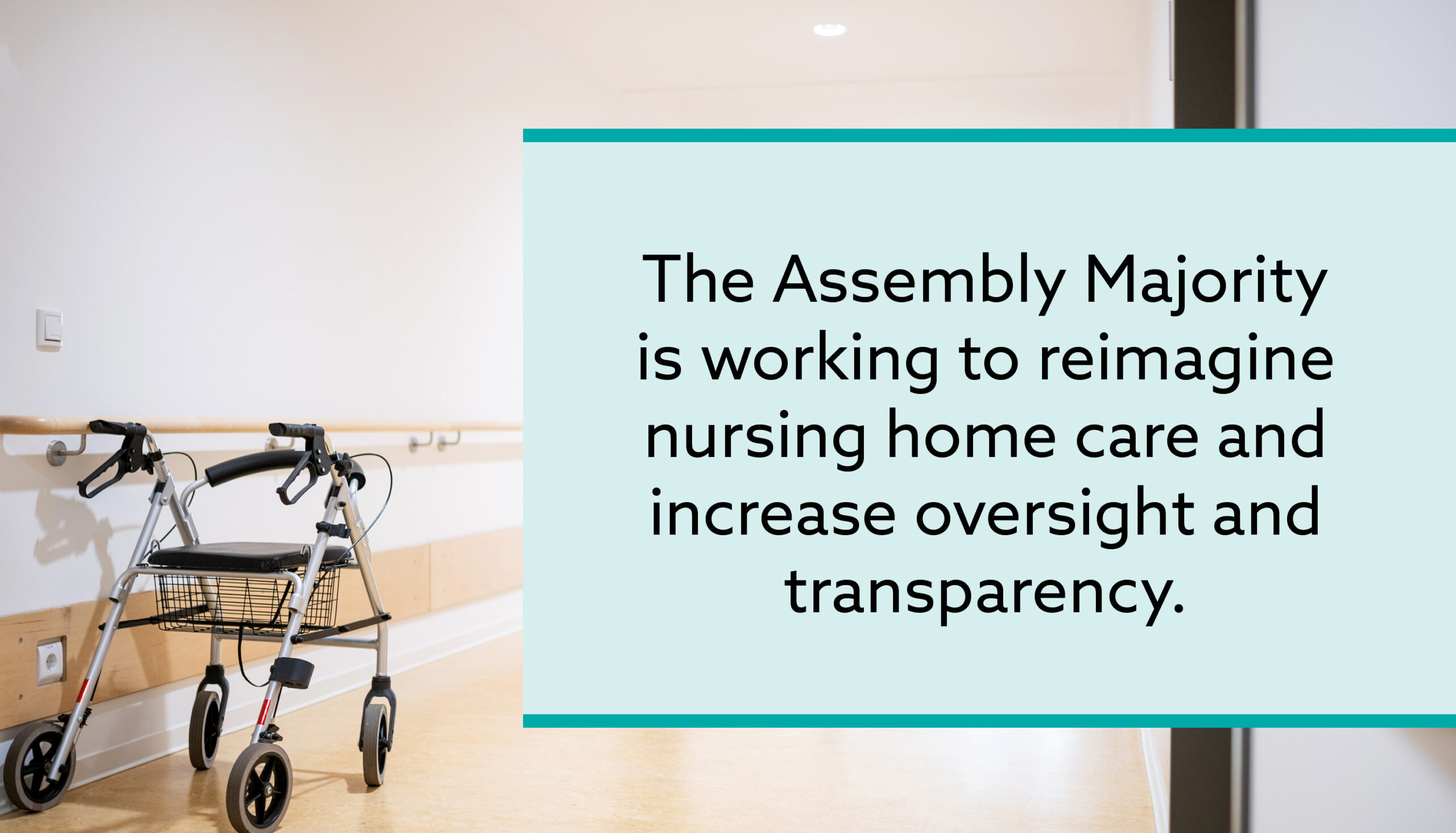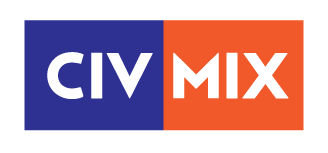 The COVID-19 pandemic has now raged on for a year and claimed the lives of tens of thousands of New Yorkers, creating a collective sadness and losses that are far too great to count.
The COVID-19 pandemic has now raged on for a year and claimed the lives of tens of thousands of New Yorkers, creating a collective sadness and losses that are far too great to count.
Tragically, a significant number of these deaths were those who lived in nursing homes and adult care facilities.
A recent report by the state Attorney General found that nursing homes failed to comply with safety protocols and lacked sufficient personal protective equipment (PPE), testing and staff, which put residents at an increased risk of harm.
The AG report also stated that the number of nursing home deaths provided by the state Department of Health (DOH) was undercounted by as much as 50%.
New Yorkers who lost loved ones in nursing homes faced unimaginable challenges on top of their grief, including a lack of clear communication and an inability to visit their family member or hold a proper memorial service. They deserved better.
That is why we passed a transformative package of legislation to reform nursing home practices this past week.
It reimagines nursing home care, increases oversight and transparency, prepares for future public health threats, guarantees safe nursing home visitation and cracks down on unscrupulous nursing home operators that put profits over people.
We owe it to nursing home and adult care facility residents and staff – and their families and caregivers – to improve safety standards and promote accountability.
As vaccine distribution ramps up and we can see the light at the end of tunnel, we must take what we’ve learned to better protect at-risk populations and help ensure all New Yorkers receive the high-quality care they need.
Below is a list of the bills we passed with details:
- A.232-C: Increases the monetary penalties for Public Health Law violations and provides support for the Nursing Home Quality Improvement Demonstration Program
- These increases are long-overdue as the $2,000-floor amount and the repeat violation penalties haven’t been updated since 1990 and 2008, respectively
- A.1010-A: Directs DOH to make the results of all nursing home and residential health care facility inspections publicly available during the COVID-19 state of emergency and after
- A.3131-A: Creates new guidelines for residential health care facilities during a disease outbreak that include increasing data reporting, ensuring assistance is provided to facilities to ensure staff and patient safety and authorizing DOH to swiftly step in to address emergency situations in facilities
- A.5684-A: Strengthens the current system by requiring nursing home operators to provide notification of certain contracts and agreements to all residents, their family or guardians, staff and the Long-Term Care Ombudsman and requiring more thorough review of nursing home character and competency when approving facilities for operation.
- A.5685-A: Requires nursing home operators to spend 70% of revenue on resident care, and a significant portion specifically on direct care nursing staff beginning in 2022
- Operators who fail to comply with the stated percentages would owe the difference to the state Department of Health (DOH) to be used in the Nursing Home Quality Improvement Demonstration Program
- A.5841-A: Increases informed consent requirements when providing or increasing psychotropic medications
- Psychotropic drugs are a large category of drugs that affect thinking and mood and have been used to mitigate symptoms of mental health disorders, but whose use in nursing homes was sometimes being misused to control behavior
- Now, a patient or lawful surrogate must be informed of the nature and seriousness of the patient’s condition, anticipated benefit of the medication change, dosage and duration of the prescription, probability and nature of side effects, reasonable therapeutic alternatives and that the patient or surrogate has the right to refuse or revoke consent for the drug
- A.6052: Requires residential health care facilities to provide notice to all residents and their family or caregivers within 12 hours of an infection being detected in the facility
- Facilities must also be prepared to provide separate accommodations for residents at risk of infecting others
- A.244-A: Codifies the Health Emergency Response Data System (HERDS) in statute and requires DOH to share this aggregate data with other government entities and the public
- A.1052-B: Establishes guidelines to safely allow personal and compassionate caregiving visitation at nursing homes and adult care facilities
- This includes – but is not limited to – visits for the purpose of providing personal care and end-of-life support or other dire medical circumstances
- A.3397: Repeals the Emergency or Disaster Treatment Protection Act, which provided sweeping civil and criminal liability immunity for negligence to nursing home operators, executives and staff
- The act was included in the 2020-21 state budget to respond to the initial and devastating outbreak of COVID in the state and is now impeding accountability
- A.3919: Establishes state guidelines for the transfer, discharge and voluntary discharge of individuals from nursing homes and prohibits any such transfer to a homeless shelter
- A.3922-A: Creates the Reimagining Long Term Care Task Force to study the state of long-term care services and challenges in New York, including issues specifically related to the COVID-19 pandemic
- The Task Force would be required to produce a report related to COVID-19 issues by December 1, 2021, and a full study by May 1, 2022
- A.5436-A: Establishes the Long-Term Care Ombudsman Program Reform Act to raise awareness of the Long-Term Care Ombudsman Program (LTCOP), improve communication between ombudsman and the departments that oversee long-term care facilities, and to ensure ombudsman are included in a residential health care facility’s pandemic emergency plan
- A.5842: Prohibits the issuance of new for-profit nursing home licenses or expanding the capacity of existing for-profit nursing homes
- A.5846: Requires adult care facilities to include infection control assessments in their regular quality assurance plans and requires these facilities to create a quality improvement committee
- A.5847: Implements an antimicrobial stewardship program and training on antimicrobial resistance and control
- The bill would help New York meet the Centers for Disease Control and Prevention (CDC) recommendations for hospitals and nursing homes
- A.5848: Requires nursing home operators to provide residents and their families with the materials they need to access information on nursing homes online so they can make informed decisions
- This includes complaints, citations, inspections, enforcement actions and penalties taken against the facility
This is not the end but a start. We know we can do better and owe to those who reside as well as those that work in these homes to have the best environment possible.


Recent Comments